Top 10 Shocking Discoveries from Health Inspectors
To help us eat our food safely and securely, a food health inspector earns an average of $67,000 annually. An inspector must ensure that safety and sanitary ... read more...standards are being followed across the entire food production chain, from the plants where food is produced through warehousing and storage to the end of the line at shops and restaurants. And in a perfect world, people would have simple jobs and never come into contact with anything that gives you the creeps. However, it isn't always the case.
-
Family Dollar is renowned for providing essentials and staples at a more or less discounted price, much like any good discount retailer. This contains numerous frozen foods and shelf-stable consumables. If the results of recent inspections are any indicator, they aren't always on top of their health and safety game, unlike many good budget businesses.
When the FDA examined Family Dollar facilities in 2021, they found a horror movie with a rat theme that was almost apocalyptic. Cleaning up the mess, replacing lost inventory, and other costs totaled $34 million. That only applied to one warehouse. After a warehouse in Arkansas was fumigated in January 2022, 1100 rat carcasses were removed by exterminators.
The additional 2,300 were previously gathered by maintenance teams between March and September 2021. FDA authorities observed living ones scrounging around food shelves and nibbling their way into packages before they were transported to stores before giving up on counting the amount of droppings. They also discovered dead ones on conveyor belts.
Employees had stopped using the warehouse's break room and inventory control center because of the overwhelming rat pee odor that made it impossible for anyone to enter. Don't worry, though, investigators also discovered ant mounds and birds in the warehouse, so it wasn't just rats there. Because the products were judged unfit for sale to consumers, over 400 stores across the nation were forced to temporarily close.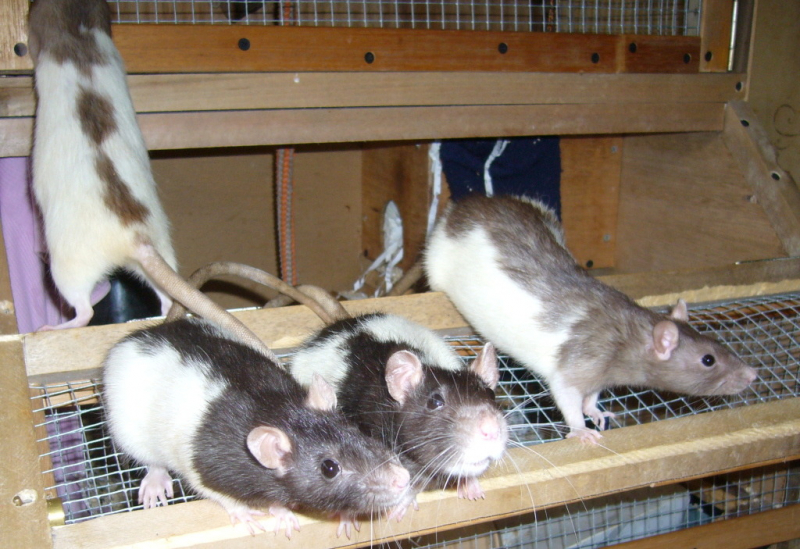
Photo for illustration only, https://swinny.net/ 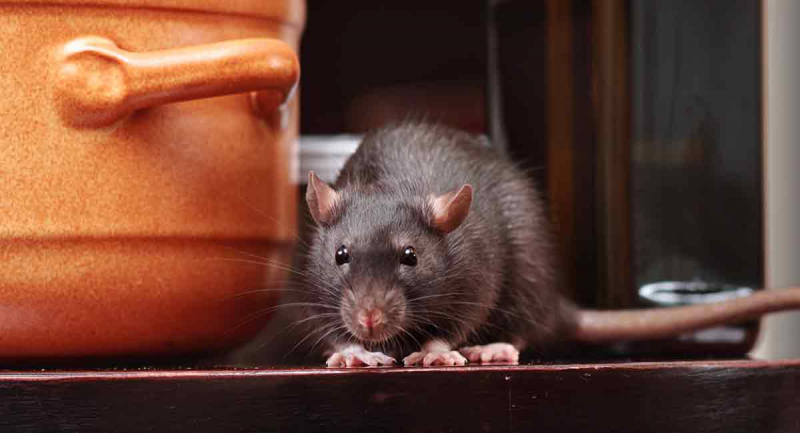
Photo for illustration only, http://www.countryservicespestcontrol.co.uk -
Nobody likes to go out to dine and get undercooked or improperly seasoned food. However, as a client, you have the right to expect that the food you pay for will be prepared as you requested, and you can return it and request that it be prepared correctly. But have you ever been plagued by the nagging worry that you'll upset the chef and he'll ruin your innovative dish? Of course, no scrupulous chef would do that. What about a dishonest cook, though?
Health inspectors are occasionally only contacted after another person makes a remarkable observation, as was the case in Budd Lake, New Jersey. A customer had asked for their dish to be cooked longer at that location, and the chef was seen spitting directly into the food. Although he was fired, the harm had already been done.
After learning of the factor, the neighborhood health inspector visited and tentatively approved the establishment. Other infractions were discovered, but they were permitted to continue operating and given a week to make amends.
Photo for illustration only, https://www.huffingtonpost.co.uk 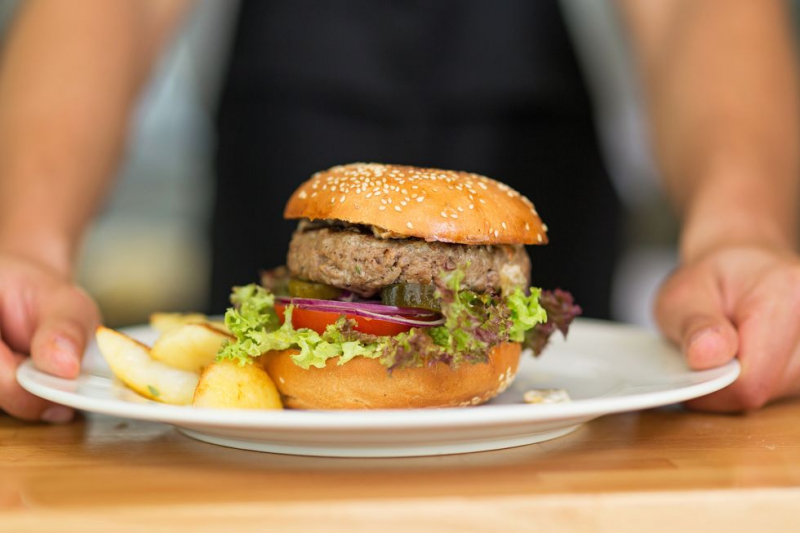
Photo for illustration only, https://www.delish.com/ -
Most of us have at this point heard tales of Amazon workers who are required to urinate in bottles while working without breaks. Even though there was plenty of proof that it did occur, the corporation had to apologize after denying it. And that was a significant labor issue that is still being resolved. It is unlikely that the same problems would arise in a restaurant, where conditions are much less precise.
Particularly considering that eateries frequently feature restrooms on-site. Nevertheless, here we are. Health inspectors spotted bottles of urine on a shelf and ordered a Saudi restaurant to close. As a result, employees were detained, and pictures were posted online. As a result, employees were detained, and pictures were posted online. In addition to pee bottles, it was discovered that one employee had a hand wound and another had no safety certification. All of this was brought about by a customer's complaint that the food was "unfit for human consumption."

Photo for illustration only, https://nypost.com 
Photo for illustration only, https://www.cntravellerme.com -
Certain cuisines are more culturally acceptable than others for a variety of reasons. For instance, eating whale and horses in especially is frowned upon in the West. Many species of whales are in risk of extinction, and most people consider this fact as justification for not killing animals. In addition to their long history as labor and domestic animals, horses also frequently get medicines and other substances.
After a documentary film crew conducted some undercover work, a hip restaurant in Santa Monica was forced to close. They were given whale and horse meat from a waitress for $85 per dish. The meat was brought to a lab where it was determined that it came from sei whales, which is prohibited in America. Later, federal agents searched the establishment and looked into the kitchen. The chef was sentenced to a year of probation and fined of $27,000.
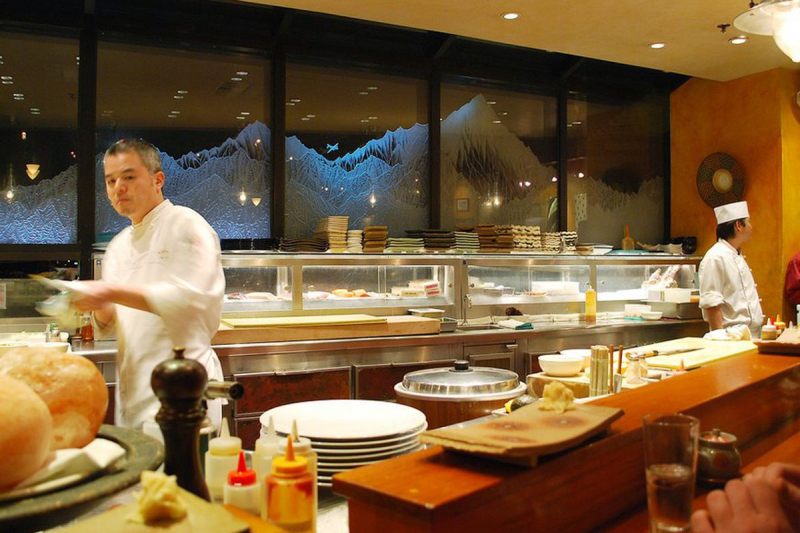
Photo for illustration only, https://la.eater.comump-whale-meat-sentencing-chef-illegal-sushi 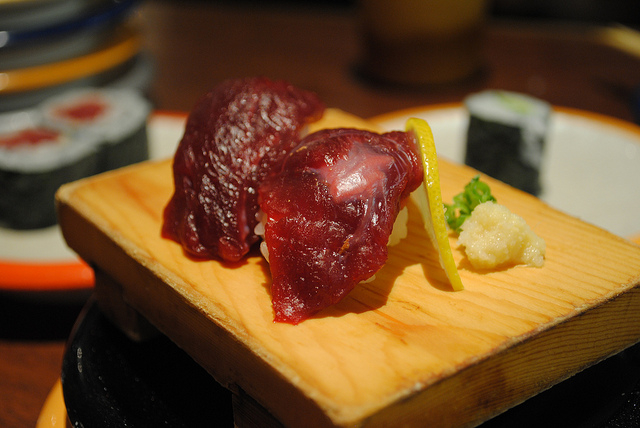
Photo for illustration only, https://www.kcet.org -
Not only, restaurants must maintain a high standard of sanitation and hygiene. A dentist must also ensure that they are fulfilling those standards. Just consider what would happen if your dentist didn't clean their equipment in between patients and began probing your mouth with all those tools that were still contaminated from the mouth of the previous patient. If you find it difficult to imagine, relax; it actually did happen.
After a patient contracted an infection, a dentist in Canada was forced to close its doors in 2017. When inspectors visited the company, they found that the equipment wasn't being adequately sterilized. As a result, 3,600 former patients received letters from public health officials advising them to obtain HIV and hepatitis tests just to be safe. Although thought to be low risk, it was nevertheless a possibility. A class action lawsuit against the dentist resulted from that.

Photo for illustration only, https://www.utoronto.ca 
Photo for illustration only, http://incubar.net -
When buying beef, you have a number of options. For a long time, staple foods included beef, chicken, and pork. Then, depending on where you live, you can eat something a little more exotic, like duck or lamb, or something very strange, like alligator or kangaroo. What do all of those meats have in common, though? We assume that they were created with human consumption in mind.
When authorities in Australia realized the restaurant was utilizing meat that wasn't genuinely human-grade, they assessed a $14,000 fine. Actually, it was intended for pet food. In sacks that literally read "Pet meat - not for human eating," there were 15 kg of mutton on the premises. There was no proof that the meat had been served to consumers, but the proprietor was in the act of preparing it when he was discovered. He posted a statement on Facebook criticizing his supplier and thanking them for making sure no consumers unintentionally ate the meat, which was once again appropriately labeled.

Photo for illustration only, https://www.asia-bars.com/ 
Photo for illustration only, https://www.aussiespecialist.com/ -
If a location is described in a newspaper story as the "world's dirtiest restaurant," you can generally infer that nothing positive is taking place there. Zorba's Greek Taverna in Bayswater, England, was known by that name. Cockroaches, mouse droppings, rat hair, and what were known as "sewage flies" living their best life after being elevated from the sewer to the restaurant's tahini were just a few of the countless things that health inspectors found. The floor had storage for raw meat. Even the microwave had grease all over it.
The restaurant's issues were so serious that the owner was forbidden from ever owning a restaurant again. He has been given several chances and has indeed already experienced several rejections. The restaurant's issues were so serious that the owner was forbidden from ever owning a restaurant again. He has been given several chances and has indeed already experienced several rejections. The final inspection, however, was the deciding factor for the judge, who noted that it was obvious the man had no intention of ever cleaning up his act despite being fined thousands of dollars.
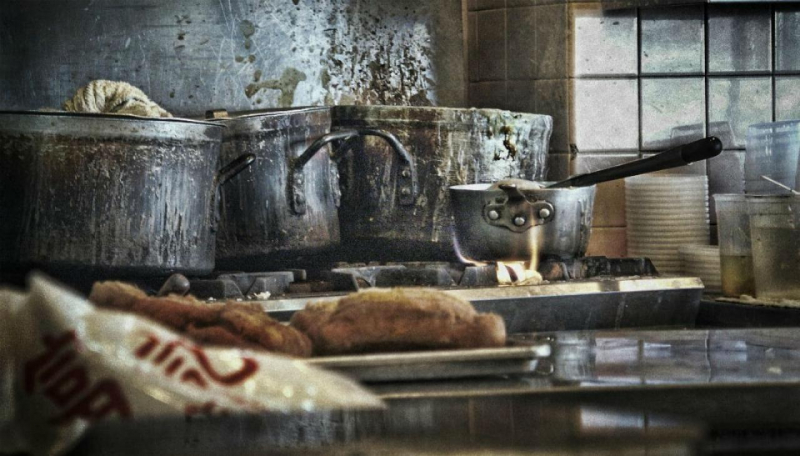
Photo for illustration only,https://cassius-richardson.blogspot.com 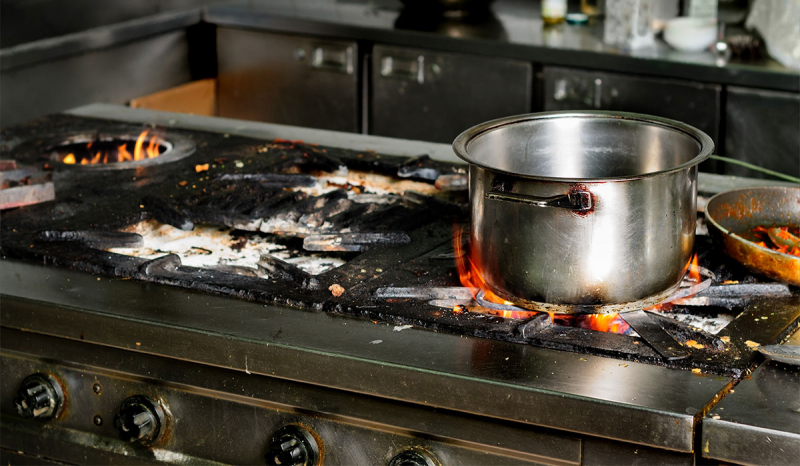
Photo for illustration only, https://extra.ie -
The appropriate amount of seasoning is essential for each delicious food. Even if it's simply salt and pepper, getting it wrong may ruin the entire dish. However, you should usually check to be sure that whatever seasoning you use—whether it's Mrs. Dash or ras el hanout—is actually a seasoning and not, for example, a dangerous and illegal drug.
Chinese authorities cracked down on many eateries that were discovered to be seasoning their food with opium. In 2016, 35 restaurants were charged, and it had also occurred in previous years. Instead of using pure opium, the restaurants employed opium poppies, which contain minute amounts of the narcotic. The idea is that a small amount of opium would make you addicted to the restaurant's food and make you want to keep visiting. At least one business owner asserted they were tricked and hadn't purposefully purchased the illicit seasoning.

Photo for illustration only, https://lovepik.com 
Photo for illustration only, http://retaildesignblog.net/ -
There aren't many situations where keeping a live animal at a place of business is allowed. The ability to bring your dog to work is still rather uncommon. And, of course, no restaurant is authorized to have animals in the area where food is prepared. So it didn't go over well when inspectors discovered a live turtle in the sink of a Kentucky eatery.
Since the turtle was obviously a pet, at least it wouldn't be served as food. However, turtles are also well known salmonella carriers and should never be present around locations where food is prepared. Additionally, it was discovered that the restaurant's cooling system was broken and that food was kept on bunk beds. The restaurant was inhabited, and it was discovered that the staff did not wash their hands before preparing the meals. As a result, it was shut down immediately.
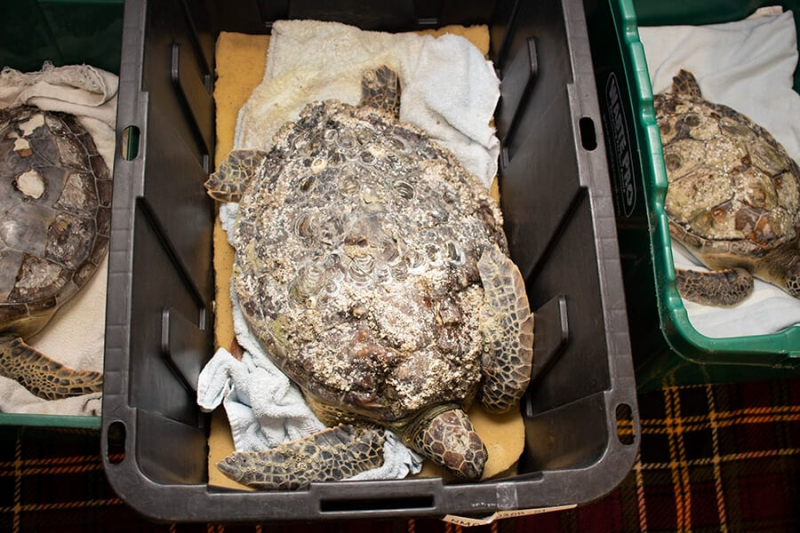
Photo for illustration only, https://brevardzoo.org 
Photo for illustration only, https://about.basspro.com/ -
In the US, there are more than a million deer-related incidents per year. If you live in an area where deer are prevalent, your chances of hitting one with your car are very high. Accidents like these can be extremely harmful for people, and even more so for deer. On the other hand, have you ever wondered what happens to a deer after a car strikes it?
The Department of Transportation is in charge of removing roadkill in many states. Of course, scavengers occasionally eat it up. Additionally, humans do occasionally pick up roadkill. It would be a shame to waste the animal, therefore many people decided to take it home. Simply being stored by an employee until they could take it home. According to inspectors, the meat had already been sliced off the animal as it was being slaughtered. How did the deer arrive there to begin with? It was presented by a close friend of the Department of Natural Resources worker who was fired.

Photo for illustration only, https://la.eater.com/ 
Photo for illustration only, http://homeworlddesign.com/































